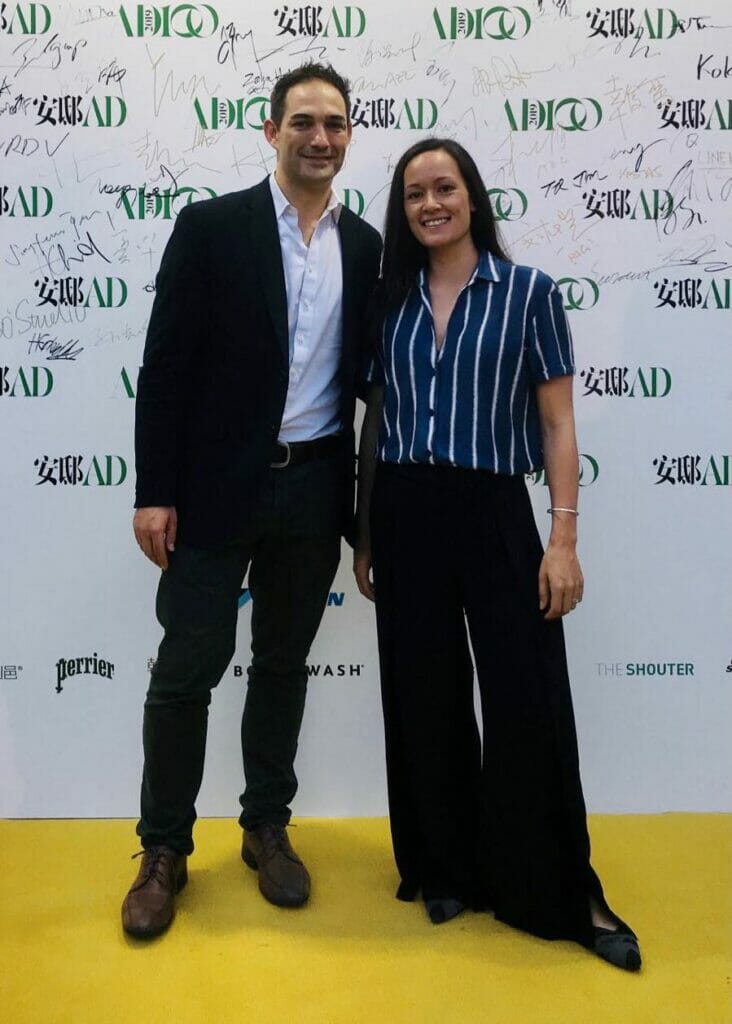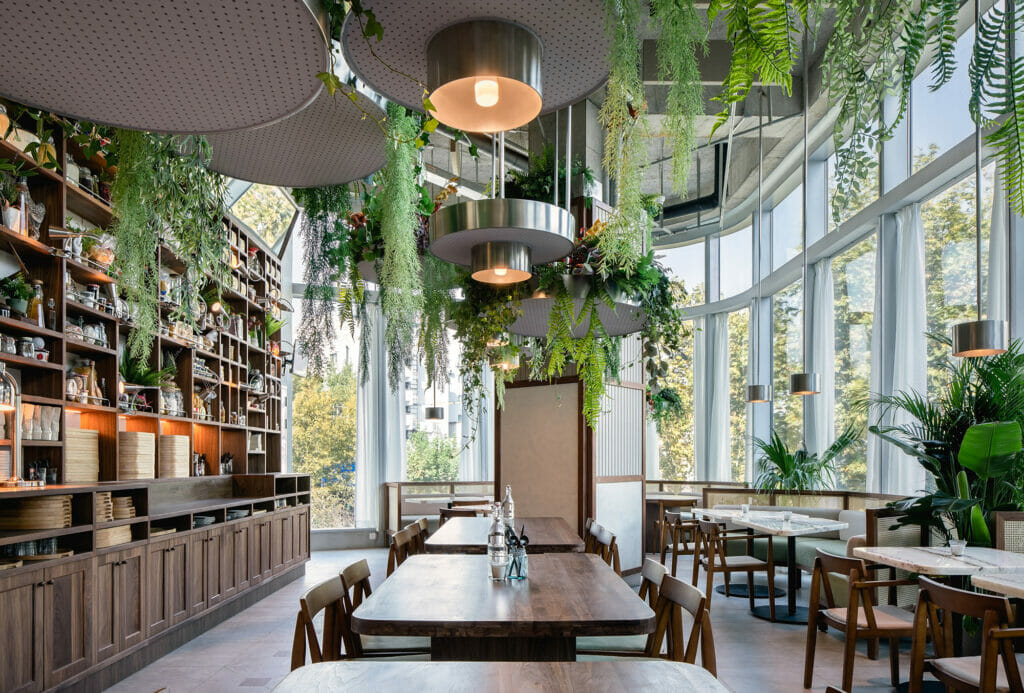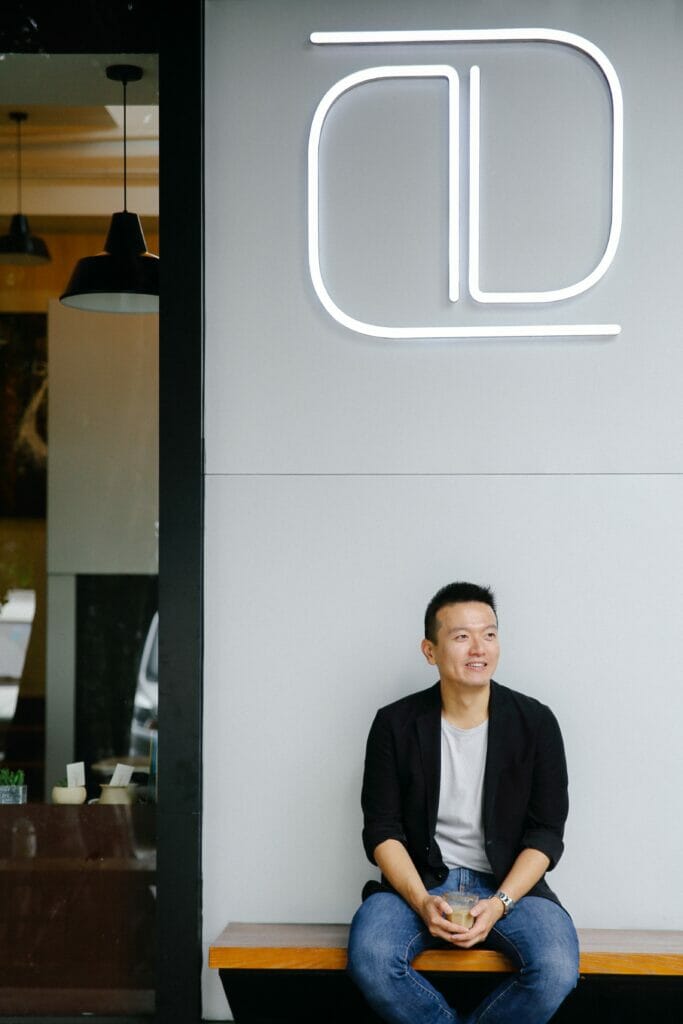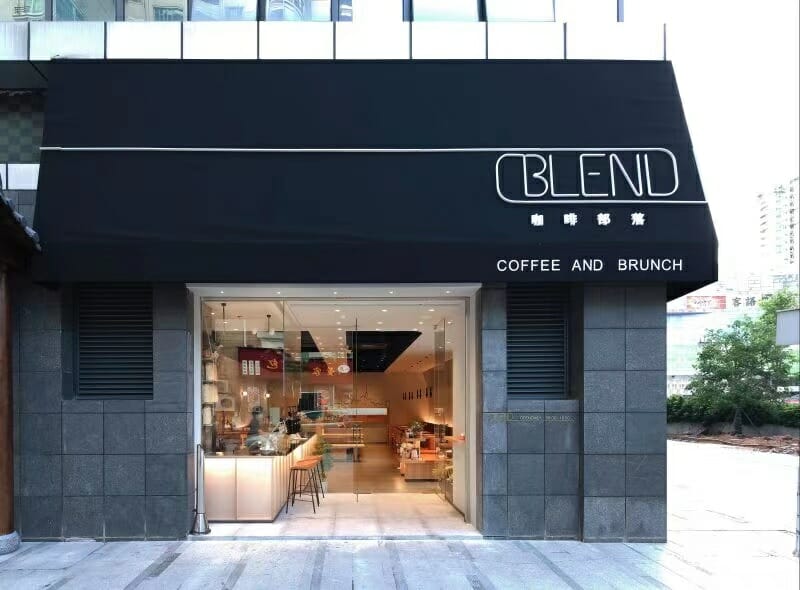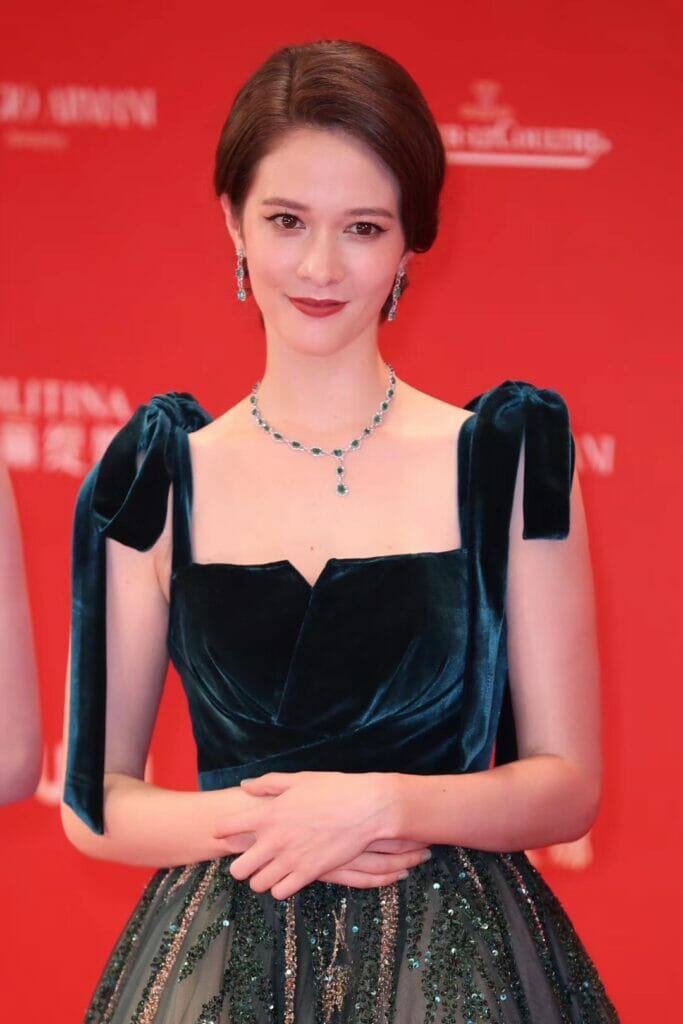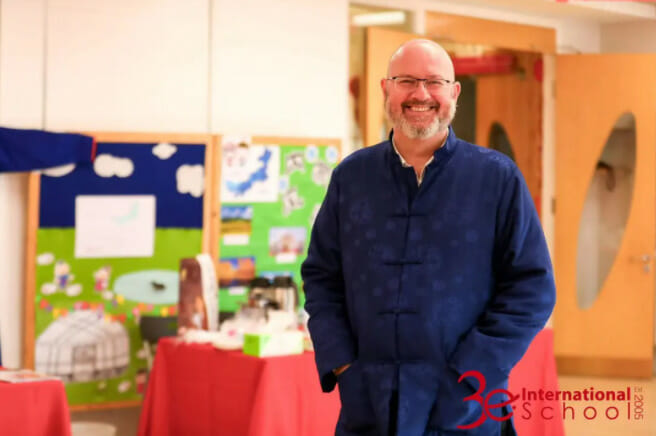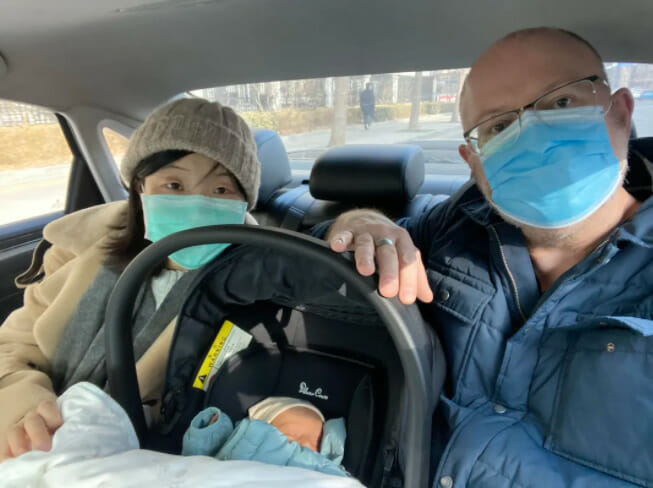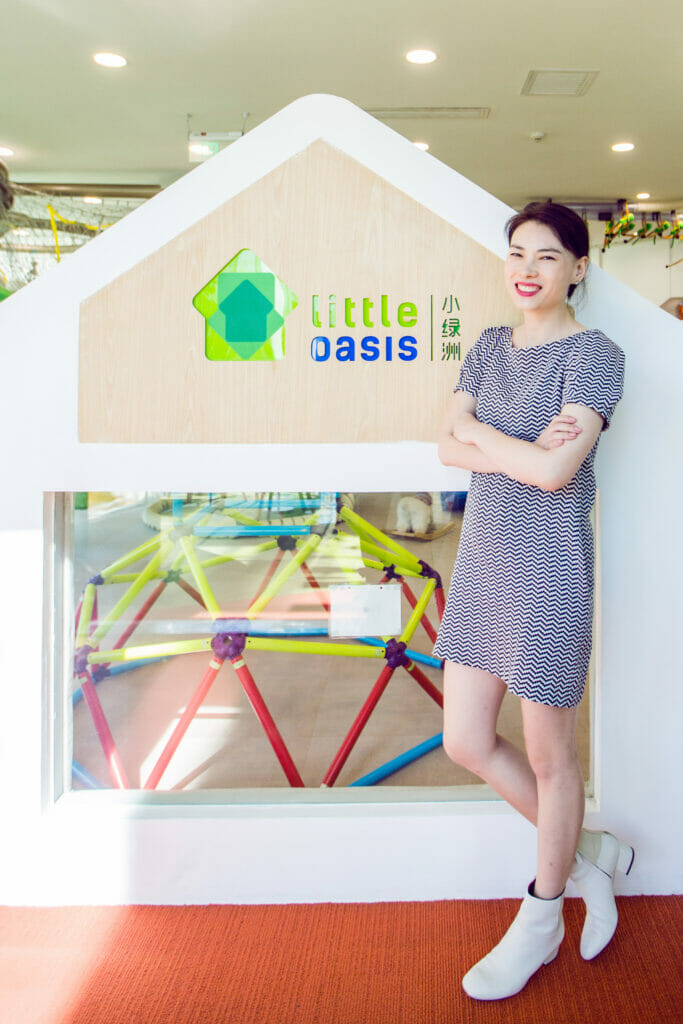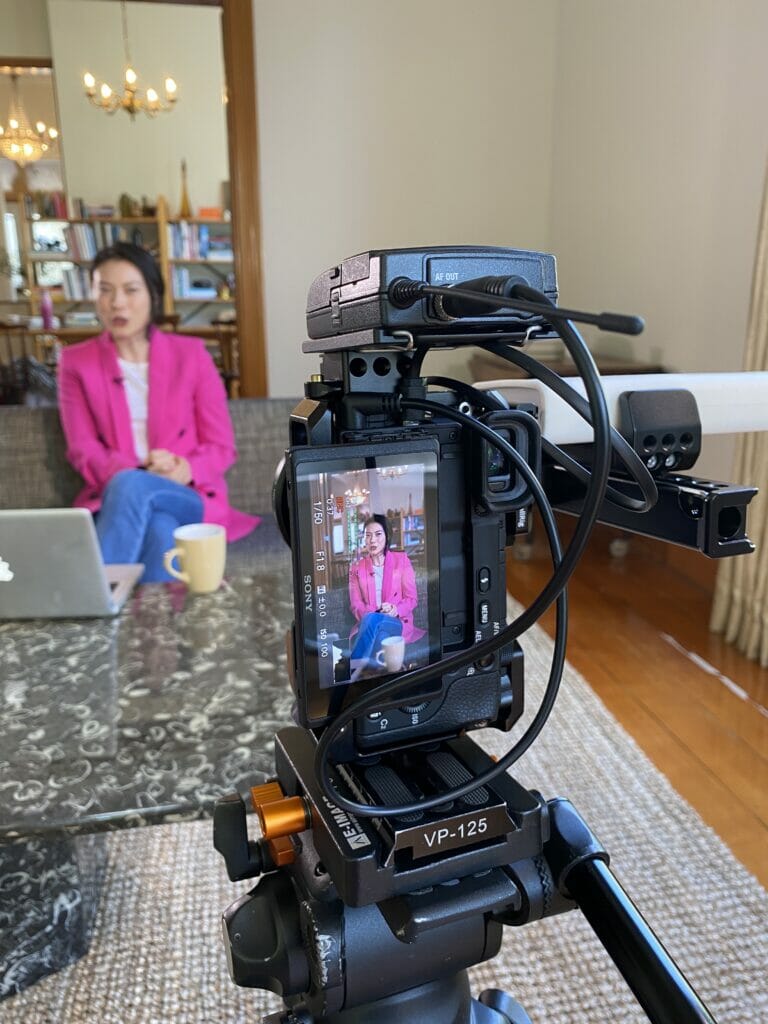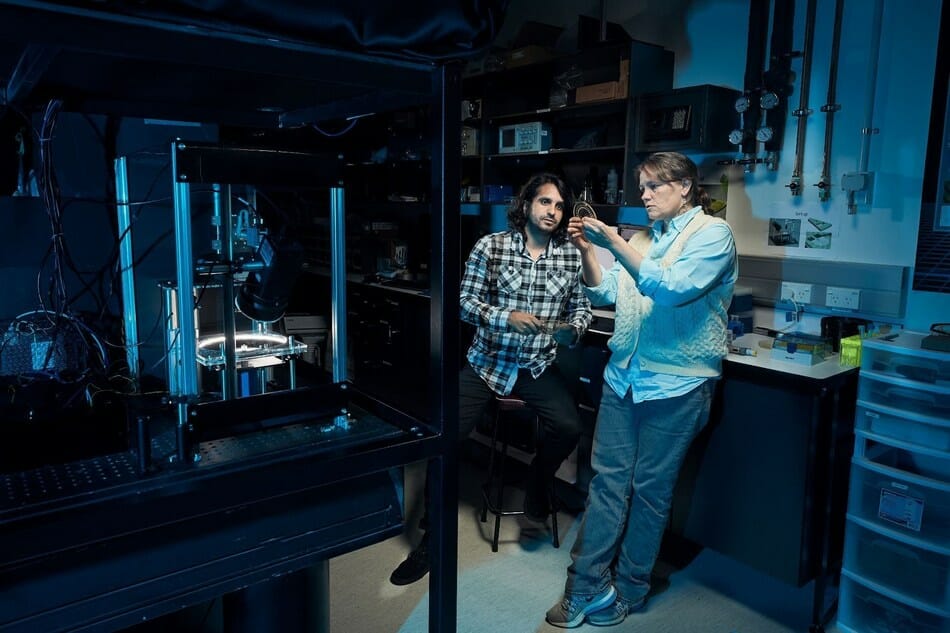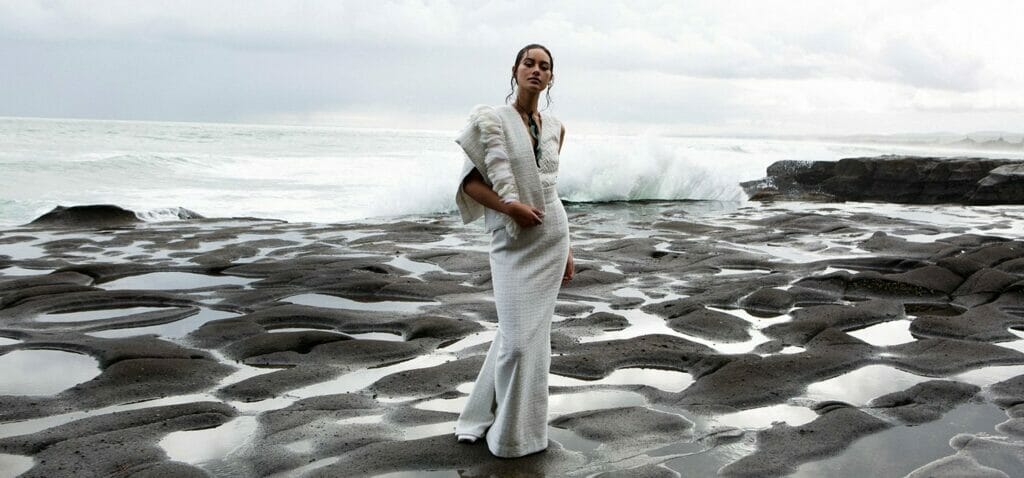Tell us a bit about your background. How did you end up in London?
I have spent a great deal of my working life in food and hospitality. Cooking and baking have always been part of my life and from a very young age I was in the kitchen getting involved. As with many people who work in the hospitality business I am passionate about feeding people great food and creating experiences and memories through food and drink. I owned my first food business in Wellington when I was 21 years old which was a delicatessen and catering company. We made everything in the store from pate to bread. I decided to sell that business to come over to the UK and arrived here in 1997. With a couple of friends from NZ and chef Peter Gordon we created Gourmet Burger Kitchen which went pretty well and grew in to a large chain of restaurants. Later on I opened Kopapa in London with Peter & Michael McGrath.
What is the story behind Crosstown Doughnuts?
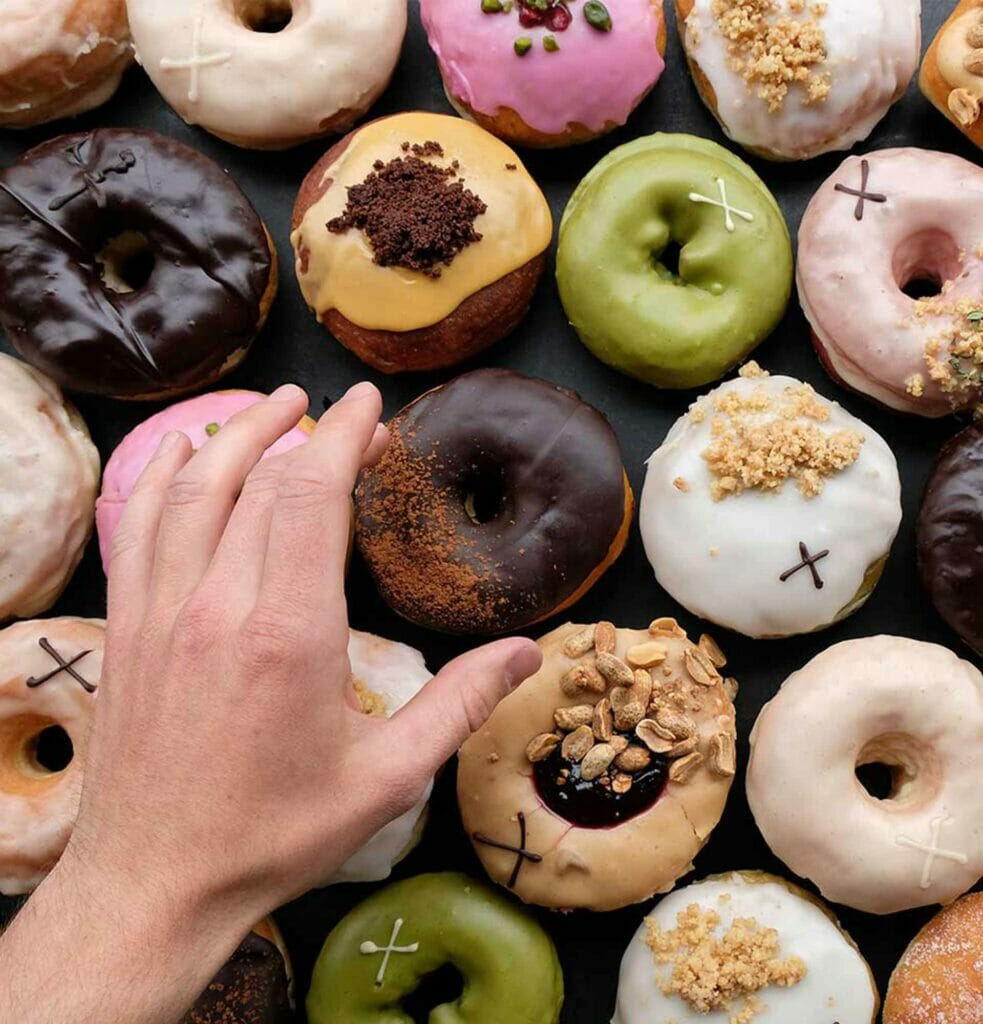
Like most Kiwis I am big fan of a great quality coffee. I had wanted to do something with coffee when I was approached by a young Australian guy called JP Then. He was looking to do something different in the coffee space in London. I didn’t want our food to be the same as what everyone else was doing and so we settled on the idea we would do artisan doughnuts with our coffee. We now have 12 shops and sell them in Harrods, Whole Foods and deliver them fresh all over the UK everyday. JP and I are huge fans of online ordering and we have created a software company called Slerp which is the platform base for our online business at Crosstown.
Covid-19 saw many businesses, especially in hospitality, have to pivot their offerings. Can you talk a bit to what you and the team at Crosstown have done?
Crosstown has been extremely lucky that we have managed keep our business intact during the pandemic. London has been extremely badly hit. As the first lockdown approached we could see panic buying starting at supermarkets. Other people in the hospitality trade were also seeing their businesses disappear in front of their face. So I contacted the guy who supplied all our milk and a friend of mine who had a large bakery and created the Crosstown Collective. The demand just exploded and for the next 3 months we delivered fruit & veg, milk bread and doughnuts. Our customers were incredible and our staff were even more amazing. We had the technology, the space and the logistics to serve hundreds of people across London on a daily basis.
What were your motivations behind starting ‘Operation Doughnation’?
A couple of years ago I floated the idea to JP about this program to support emergency services. It came to mind after a terrorist event here in London. When the pandemic started the whole country could see the pressure that the NHS and emergency services were under. We could see from the way that our customers were buying that our doughnuts were giving them a break from this really bad situation our country was in. So as is so often the case, JP and our team was able to pull the technology together and get the logistics organised to get food parcels and doughnuts to these people in need. The UK are such a generous nation and we were able to create a channel to enable them to give these amazing NHS staff a moment away from the madness.
On a personal level, as someone who is staying in the UK, what are you most hopeful for in 2021?
On a personal level I want to see my children get back to school! Home schooling is one of the hardest things we have ever done. Children have zero understanding of production efficiency. The main thing for us to do is to navigate the next 12 months and ensure that having got this far we don’t fall on the home straight. I have been very proud to keep our teams at Crosstown and Slerp all working and even growing which is testament to the great people we have working at both companies. As I look around the hospitality trade in London it has just been destroyed and so many people have lost great businesses through absolutely no fault of their own. We are some of the lucky ones.
How has running a business changed for you over the past 12 months?
Crosstown is now a better business than it was. A crisis forces you to focus like never before. 50% of our business is now online. We have added two new lines in cookies and ice cream at Crosstown. Both are going great. We also now offer National Delivery 5 days a week and that has opened up huge opportunities to us. At Slerp we completed a funding round and have now laid the ground for that business to keep growing in to 2021 and beyond.
What’s next for Crosstown?
Crosstown will continue to innovate with new products which is really exciting. We have partnered with a couple of large corporations that approached us to develop new lines with them which is exciting. And it is highly likely that Crosstown will open its first overseas territory in late 2021 or early 2022. So some exciting things happening.
HOW KEA CAN HELP
Join
Join the Kea community, and stay connected to New Zealand, its people and businesses wherever you are in the world.
Kea Connect
Help Kiwi businesses explore their global potential through our worldwide community.

 MENU
MENU

